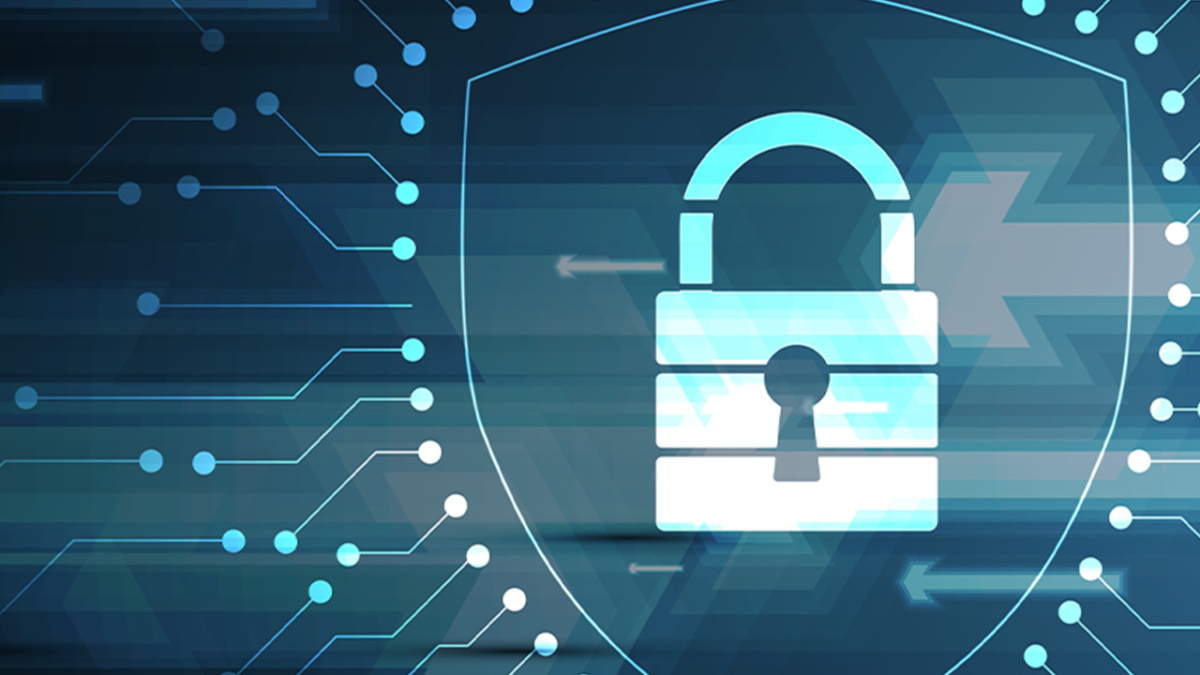
Budgeting As A Family
February 2, 2022
Step 1 – To Gain Financial Stability – Tracking Your Spending
January 3, 2024Whether it’s your smartphone, laptop, or tablet, we rely on our electronic devices for everyday life. We text, take pics, post on social media, bank, and obtain our daily news. While we enjoy the power and convenience of our devices, they create a fertile breeding ground where fraudsters thrive. The key is to safeguard your data, as crooks find new creative ways to access it.
Improving your data security begins with understanding how vast in quantity it is and how valuable this data is to those seeking to do damage. Virtru, a data encryption company, says that enhancing your online security starts with having a fundamental respect for the data you’re trying to protect. In other words, be on guard and guard it closely.
Virtru poses three questions when forming a personal data strategy:
- Who can access my personal and professional data?
- How can I improve my data privacy?
- What are the most impactful changes I can make?
You can develop a personal security plan by focusing on these questions and ensuring your spouse and family are onboard. Note that everyone in your household will have a role to play in keeping your data safe, which sets a strong foundation for a safer online life. Striving to keep your data untouchable is your first step.
Tips for protecting your data.
- Lock all devices.
It’s remarkable the number of people who fail to lock their computers or phones with a basic password because this password is the first line of defense in preventing cybercrime. Some apps can assist, such as “find my phone” or “find my device,” which enable you to turn off your device and stop unwelcome access.
- Craft strong passwords.
While it’s important to password-protect your device, experts recommend that these passwords be at least 16 characters long and to change them every 90 days. Avoid passwords that are easily guessed, like kids’ names or birthdates. Even using your pets’ names should be avoided. To improve your data security, consider password management apps, like Keeper or 1Password, which help keep your password management streamlined.
- Update all devices with the latest antivirus software.
This software, such as Bitdefender or Norton, will continually look for potential concerns on your computer or phone before they can affect your data. Most software providers also send automatic updates for your devices; be sure to install any updates as part of your device’s routine maintenance.
- Avoid public wi-fi.
Instead, shop or bank from home, as your home settings offer greater security and privacy. If you use public wi-fi, update your device settings as soon as the transaction is complete. A VPN (a virtual private network) is another option offering enhanced security for transactions you make. NordVPN and Surfshark are two highly rated VPN options.
- Choose only secure websites.
Look for the padlock or “https” in a company’s URL, and beware of fake websites which try to mimic well-known retailers using a similar name. If you’re uncomfortable at any time, end the transaction and confirm the company’s validity before going further. Consumer groups like the Better Business Bureau or companies like WebiMax can assist.
Stay in touch with your finances.
Data security also involves monitoring your finances — or keeping your finger on the pulse of your accounts.
There are some easy steps to take:
- View your credit report frequently.
You can get a copy of your report at any of the three major credit reporting agencies: www.Equifax.com, www.Experian.com, or www.TransUnion.com. Look for unusual activity, a change in your credit score, or potential errors.
- Enroll in online and mobile banking alerts.
These alerts enable you to track your daily balances and transactions and watch for fraud. For example, you may see unusual transactions or notice when balances reach unusually low levels.
- Implement card controls.
We offer CardValet, which offers excellent fraud detection, prevention, and real-time balance information. You’ll also gain peace of mind with the ability to turn your debit or credit cards on or off, restrict geographic locations, and monitor transactions.
- Be selective about who you do business with.
Research a potential company before making a decision. Your goal is to ensure these organizations are capable and committed to protecting your data. This research is especially critical when choosing to share data on social platforms.
Caution prevails:
Virtru.com suggests that you “do some research on the social networking, email and communication apps you use, and understand how these platforms are collecting and using your data. Review your past emails and files stored in the cloud, and determine whether you’ve been sharing any sensitive data — such as credit card information, health records, or login credentials — and whether that data has been adequately protected. Sending this data over unencrypted email or messaging platforms isn’t secure.”
We take data security seriously.
At Deepwater Industries, we systematically assess all technology partners and implement the highest encryption levels possible. We also provide ongoing staff training to assist with fraud prevention.
Steps we take to keep data safe:
- Anti-virus and anti-malware systems are in place throughout all phases of our technology.
- Enhanced firewalls prevent unlawful access to your information.
- Superior layers of encryption guarantee a secure browser connection when you log in or use one of our digital services.
- Multi-factor authentication is required on digital transactions, asking security questions unique to you.
Rest assured, your data security is always top of mind — and we’re always here to help.
If you have questions, please call us at 856-299-1279. We strive to keep your data safe and provide the peace of mind you deserve.
Sources:
NerdWallet, Inc, https://www.virtru.com/blog/data-privacy-day-tips
[/vc_column_text][/vc_column][/vc_row]




